In Florida, water and mold damage to the drywall of the walls and ceiling of condominium units is a frequent problem. When unit owners bring water and mold damage issues to the attention of the condo association, many associations usually try to point the finger at someone else. Although each condominium has its own rules which are contained in the condominium’s governing documents, the general rule is that the condominium is responsible for the common elements of the building. Most associations have a non-delegable duty to maintain the common elements of the association and cannot refuse to maintain and repair damaged common elements in the condo on the basis that it was the fault of a third-party such as a contractor or neighboring unit owner. We frequently accept cases from condo unit owners in situations where the association refuses to repair damaged drywall and ceilings that was caused by a leak from a neighboring unit owner.
In most condominiums, the common elements include the drywall that is contained in each condo unit. Typically, the condo unit owner is responsible for the finished interior surface or the covering of the drywall, however, the condominium is responsible for the drywall itself. Therefore, if the unit’s walls or ceiling are water or mold damaged, it is the condominium’s duty and obligation to replace the drywall. The unit owner is responsible for re-painting or replacing wallpaper.
Florida Statute 718.111(11)(f) generally defines the respective responsibilities between the condo unit owner and the condominium association. The association is generally responsible for all of the common elements in the condominium with the exception of the following which are unit owner responsibilities: all personal belongings contained within the unit, or those left in the limited common areas, as well as all wall coverings, floor coverings and ceiling coverings. In addition, the unit owner is generally responsible for his or her own appliances, water heaters, furnishings, cabinets, fixtures, and window treatments.
If you have suffered damage to your condominium unit, the first step in the analysis is who caused the loss. We typically see condo unit owners suffer damage from one of two scenarios: (1) the damage was caused by a neighboring unit owner; or (2) the damage is caused by the association’s failure to maintain the common elements (such as the roof or the exterior building envelope) of the association.
In the case of damage by another unit owner, it must be determined whether the offending unit owner was negligent in causing the damage. In situations where the damage occurred from a situation which wasn’t foreseeable, such as where the neighboring unit owner didn’t know, couldn’t have, or shouldn’t have known that the situation was likely to occur, then that unit owner is not likely to be held responsible for the damage. An example of this would be a toilet overflow, which was otherwise in good mechanical condition. However, even in this scenario, the association is still responsible for maintaining and repairing the common elements including the damaged drywall contained in the ceiling and walls. You as the unit owner would be responsible for the remaining damage to your unit which your condo unit insurance policy should cover. It is for these types of situations why it is very important for condo unit owners to always maintain their own insurance policy, separate and in addition to the condo’s insurance coverage.
If you have suffered damage to your condominium unit which was the direct result of the association’s failure to maintain the common elements such as the roof, common element water pipes, the exterior building walls or failure to weatherproof the exterior of the condominium, then you may be able to require that the association repair the condition that caused the damage and pay damages to reimburse you from all resulting damage to your individual unit and the contents contained in that unit if the damage was the result of the association’s failure to maintain the common elements.
Free Consultation
If you are a condominium unit owner who has recently suffered water or mold damage, please contact us for a free consultation regarding your rights and responsibilities. We handle condominium disputes on contingency which means we do not collect a fee unless we recover money for you. In some cases, the association may be responsible to pay your attorneys’ fees under Chapter 718 of the Florida Statutes.
Of course, with every situation, there may be exceptions and differing facts which require the analysis of a mold attorney. The Mold Lawyers at Militzok & Associates offer a FREE consultation to discuss the unique facts of your mold claim with our experienced attorneys. For more information, call us at (954) 241-2260, send an e-mail to info@themold.lawyer.
Militzok & Associates are toxic black mold attorneys who are proud to represent individuals and families throughout the State of Florida who are suffering injuries from mold exposure, musty smells and other types of indoor air quality issues. We represent clients in the following cities of Fort Lauderdale, Pompano Beach, Coral Springs, Davie, Plantation, Weston, Miramar, Sunrise, Coconut Creek, Dania Beach, Lauderhill, Margate, Parkland, Deerfield Beach, Oakland Park, Hallandale, Pembroke Park, Pembroke Pines, Hollywood, Cooper City, Tamarac, Wilton Manors, Lauderdale Lakes, North Lauderdale, Lighthouse Point, Southwest Ranches, Hillsboro Beach, West Park and Pembroke Park.
We also represent clients in Miami-Dade county in the following cities: Miami, Miami Beach, Hialeah, Homestead, Coral Gables, Doral, North Miami, Aventura, North Miami Beach, Aventura, North Miami Beach, South Miami, Miami Gardens, Key Biscayne, Sunny Isles Beach, Pinecrest, Miami Lakes, Opa Locka, Cutler Bay, Sweetwater, Palmetto Bay, Miami Springs, Miami Shores, Florida City, Surfside, Bay Harbor Islands, North Bay Village.
In Palm Beach County, we represent clients from South Bay, Golf, Manalapan, Briny Breezes, Greenacres, Magonia Park, Hypoluxo, Highland Beach, Lark Clarke Shores, Belle Glade, Pahokee, Glen Ridge, Tequesta, Atlantis, Loxahatchee Groves, Palm Beach Shores, Haverhill, Gulf Stream, South Palm Beach, Cloud Lake, Juno Beach, Palm Springs, North Palm Beach, Wellington, Lake Park, Lantana, Palm Beach Gardens, Jupiter, Riviera Beach, Boynton Beach, Jupiter Inlet, Ocean Ridge, Palm Beach, Royal Palm Beach, Boca Raton, West Palm Beach, Lake Worth, and Delray Beach.
We are now accepting cases throughout the State of Florida in cities such as Tampa / St. Petersburg, Clearwater, Orlando, and Naples / Ft. Myers areas.

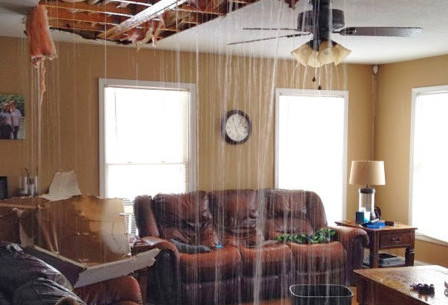
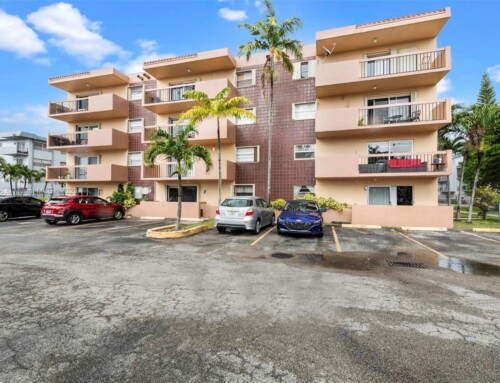
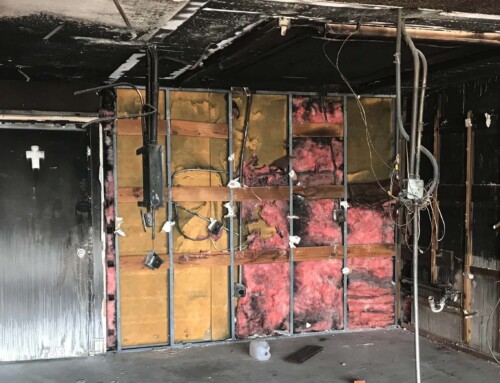
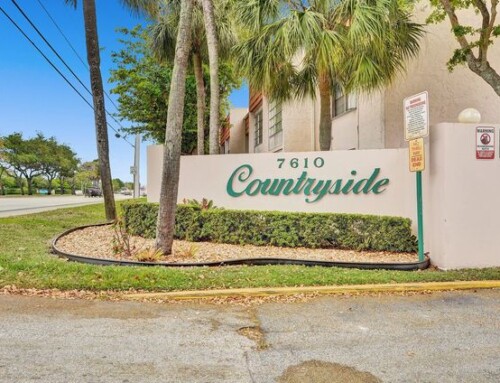
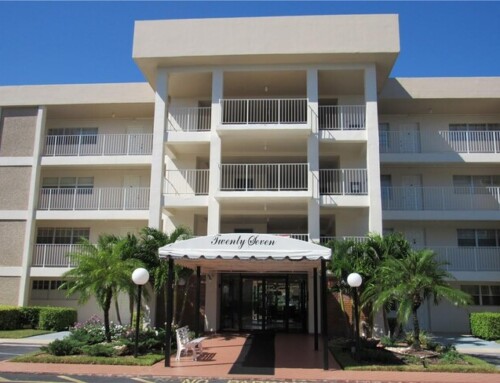
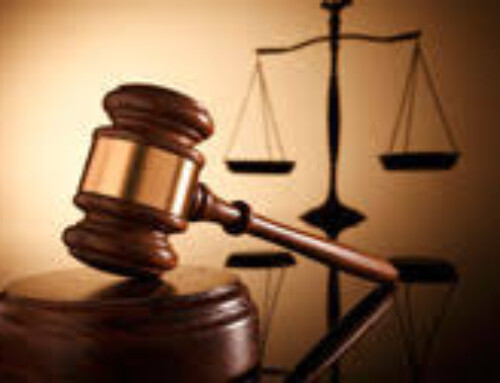
Leave A Comment